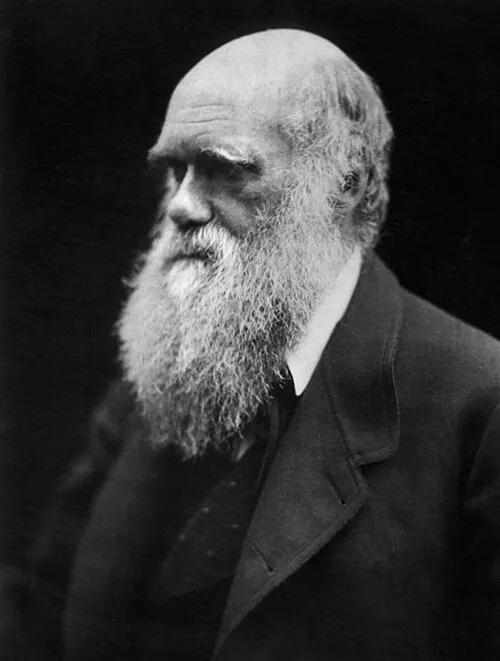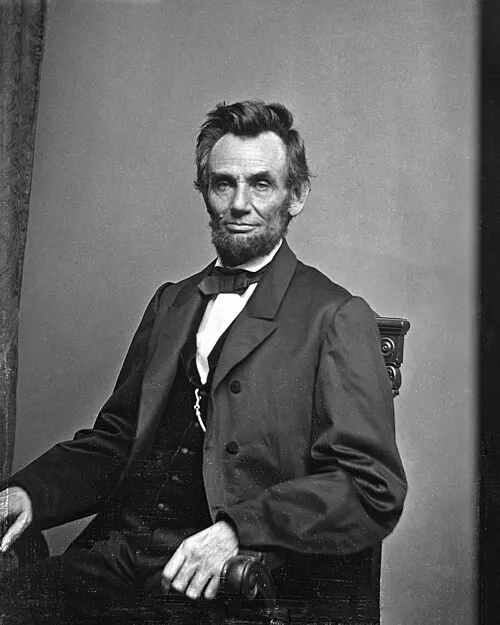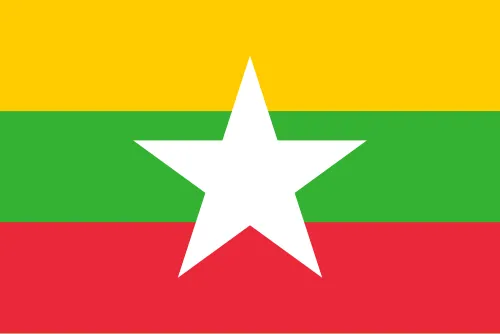
Celebrating Darwin Day: Honoring Scientific Advancement and Evolution
Every year on February 12th, individuals around the globe commemorate Darwin Day to honor the legacy of Charles Darwin, a pivotal figure in the field of biology and the originator of the theory of evolution. This day not only celebrates Darwin's contributions to science but also encourages education and understanding of the principles of evolution and natural selection.
Who Was Charles Darwin?
Charles Darwin was an English naturalist, geologist, and biologist, best known for his groundbreaking work, The Origin of Species. Published in 1859, this monumental book introduced the scientific theory that populations evolve over generations through a process called natural selection. His ideas revolutionized the way we understand life on Earth and have laid the foundation for modern biological sciences.
Significance of Darwin Day
Darwin Day serves multiple purposes: it is a day for celebrating the contributions of Darwin to science, advocating for the importance of scientific inquiry, and promoting the understanding of evolution. It highlights the need for critical thinking and scientific literacy in an era where misinformation can easily spread. Events on this day often include educational programs, public lectures, and discussions aimed at enhancing the public's appreciation for evolution and the scientific method.
Activities and Events on Darwin Day
Various organizations, schools, and communities organize events to celebrate Darwin Day. Here are some popular ways to participate:
- Public Lectures: Many universities and institutions hold talks focusing on evolutionary biology and Darwin's impact on science.
- Documentary Screenings: Educational documentaries about Darwin’s life and work can be screened to foster discussions.
- Science Fairs: Schools often dedicate science projects to the themes of evolution and natural selection.
- Nature Walks: Guided tours in natural settings can highlight biodiversity and evolutionary adaptations in different species.
Promoting Science and Rational Thought
Darwin Day is not only a celebration but also a call to action. As challenges related to climate change, biodiversity loss, and public health continue to grow, understanding the principles of evolution and the scientific method becomes increasingly crucial. Darwin's work teaches us about the resilience and adaptability of life, principles that can be applied to today's challenges.
How to Get Involved
To actively participate in Darwin Day, consider hosting an event, attending a local celebration, or engaging with like-minded individuals in discussions about science and education. Many online resources can help facilitate these activities, ranging from educational websites to social media groups dedicated to science advocacy.
Conclusion
Darwin Day is a day to reflect on the journey of scientific discovery and to emphasize the importance of scientific literacy in our society. By honoring Charles Darwin, we celebrate the progress of science and the endless pursuit of knowledge. Join the global celebration each February 12th, and contribute to a future where science thrives.






